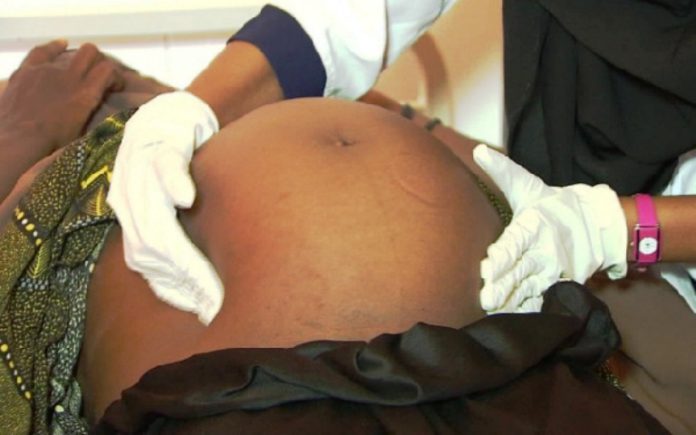Early signs of pregnancy you should know

A missed period is the first symptom of pregnancy for many women.
Waiting for pregnancy confirmation, both for those who want it and those who don’t, can induce a lot of anxiety and stress. However, there are some sneaky signs with which your body can actually confirm the positive news without you having to take a test.
02/8Is it pregnancy or PMS?

Since the earliest pregnancy symptoms induce hormonal changes, for many, they may feel just the same as PMS. However, while PMS tends to linger around for just some days, pregnancy symptoms prolong and come associated with some other peculiar changes in the body as well. Read on to find out
03/8Cramps

The most defining feature of an incoming period or premenstrual syndrome may also be the sign that there’s a baby on the way. Sometimes, women may experience cramping and pain when the embryo gets implanted into the uterus. It might not happen always, but is a positive sign.
04/8Aversion to certain foods

Pregnancy comes along a heightened sense of smell because estrogen also impacts your senses. It can so happen that you may feel a sense of aversion towards some foods, experience bloating, nausea in the very early days of pregnancy. For some, this can also kick in as the dreaded morning sickness. Note all the changes if you have been feeling hungry or experience a loss of appetite during your cycle.
05/8Tender, swollen breasts

When conception happens, the early signs are always spotted around the breasts. Tenderness, swelling, pain or change in the colour or size of areolas can kick in as estrogen levels spike up. Soreness and sensitivity may also stick around as you progress with your pregnancy.
06/8Increased urge to pee all the time

Have you been experiencing an urge to urinate or visit the washroom more often than before while in the wait for the period? It might be time for you to take a test. Studies say that the kidneys start filtering out waste and the infamous ‘bladder push’ starts to happen as early as two weeks post-conception, making you pee more frequently.
07/8Spotting cervical mucus

A change in cervical mucus can be one of the key factors determining the presence of a pregnancy. Usually associated with ovulation, if the mucus seems creamy or thicker and not watery, you might want to take a check.
08/8Change in BBT

Basal Body Temperature (BBT) is a way to measure your body’s temperature when resting. It usually rises during ovulation, while the release of progesterone ensures that the temperature dips when you are in the middle of your menstrual cycle. Tracking BBT daily, for 10 days or more can be one of the ways for you to confirm your pregnancy since it usually stays elevated post conception.


